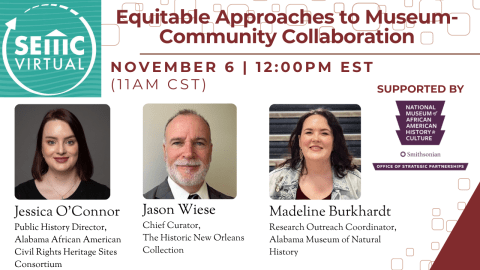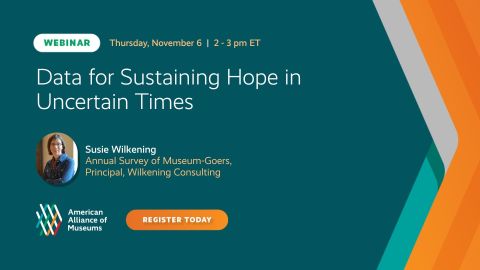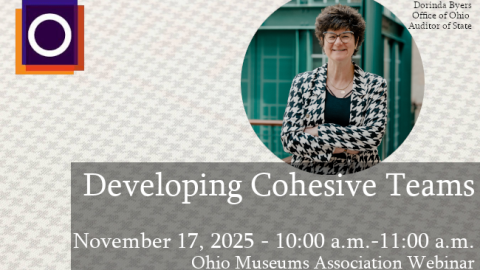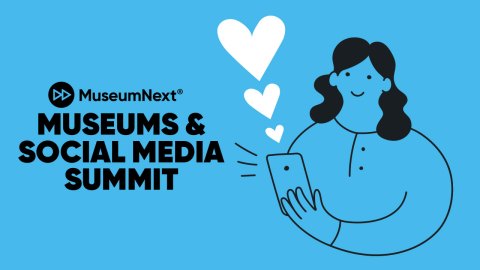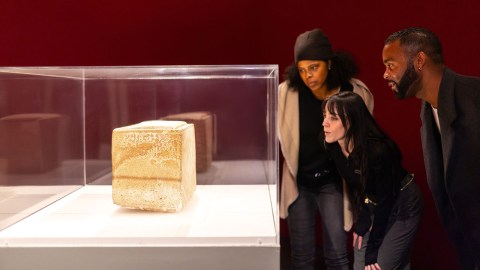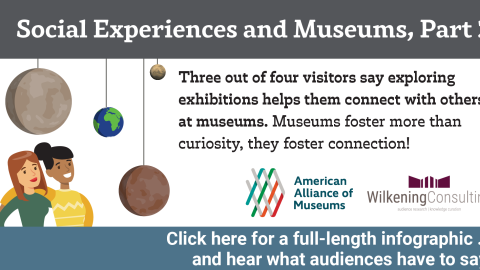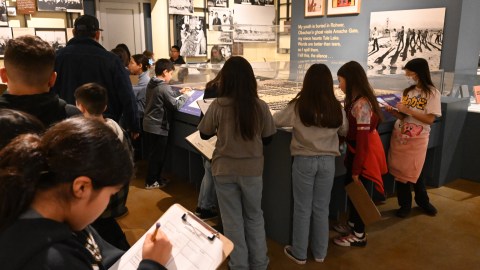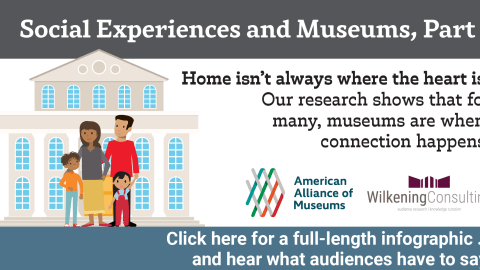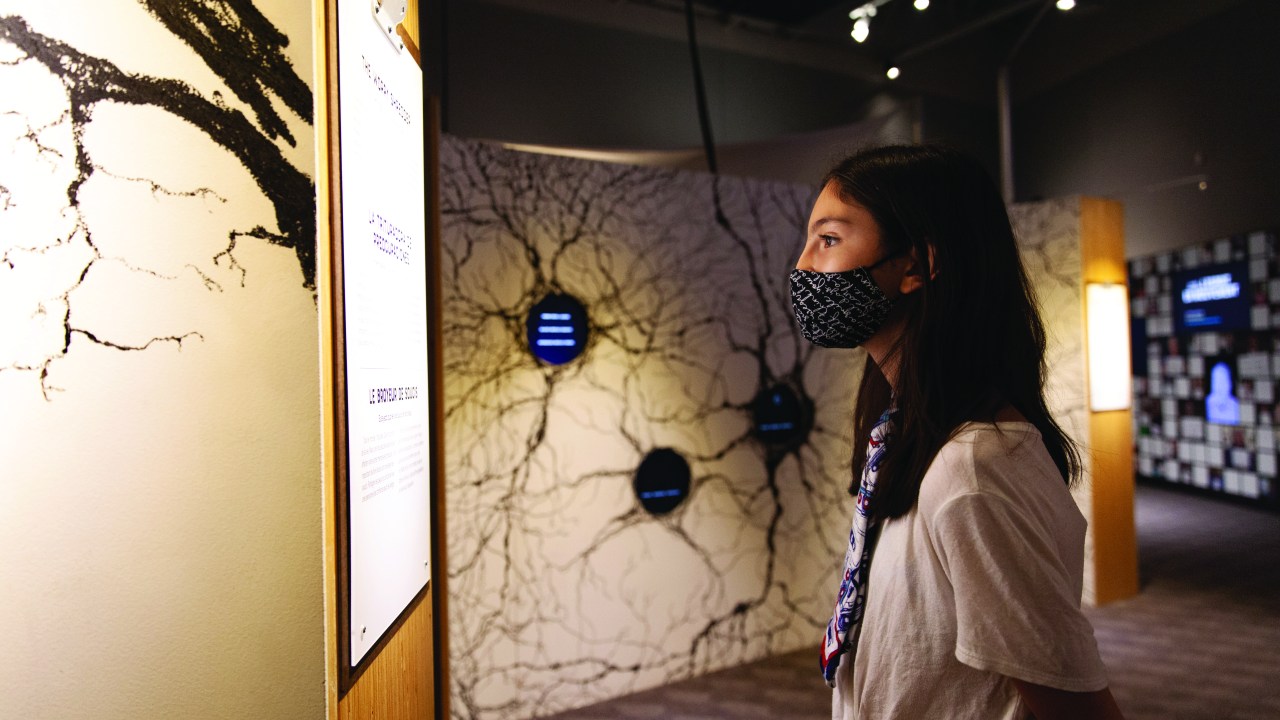
This article originally appeared in Museum magazine’s May/June 2023 issue, a benefit of AAM membership.
Working with community partners, Fort Collins Museum of Discovery has started a mental health conversation that has led to ongoing programming.
How are you feeling today?
No, really . . . let’s do a “stoplight check-in.” Green if you’re feeling great and ready to roll; yellow if you aren’t quite sure, a little tentative; red if you are struggling. Of course, you can pass if you don’t want to share.
At Fort Collins Museum of Discovery (FCMoD), an all-ages local history, science, and culture museum in Northern Colorado, we start many meetings with a quick stoplight check-in. It offers a moment to self-reflect, acknowledge each other’s feelings, build empathy, and honor our boundaries. This is just one of the many ways FCMoD continues to make mental health a priority in all we do.
In 2019, the mental health statistics in Northern Colorado’s Larimer County were alarming: 41,000 of the county’s 360,000 plus residents were diagnosed with a mental illness, and 40 percent of local school children reported feeling hopelessness more than once in the previous two weeks. The pandemic only compounded the crisis facing our community. Between 2017 and 2021, 393 families in the county lost a loved one to suicide.
As a place of gathering and belonging, a trusted source of information, and a part of the larger community ecosystem, we wanted to help—but how? Like most of us in the museum field, we weren’t trained to provide direct mental health services, and, like most of our society, we didn’t feel equipped to have a conversation about mental health among ourselves, much less with others.
So how did FCMoD become an active participant in the community-wide effort to address the mental health crisis in our region? In short, we said, “We have to.” We decided to activate our strengths, align with experts in our community to create meaningful opportunities, and expand the conversation around mental health.
From Cooperation to Collaboration
In January 2019, we began the work of building partnerships with the mental health community by inviting Laurie Stolen, the Director of Larimer County Behavioral Health Services, to travel with us to St. Paul, Minnesota, to see the “Mental Health: Mind Matters” exhibition. The exhibition was created by the Science Museum of Minnesota and Heureka Finnish Science Centre, and advised by the National Alliance on Mental Illness. Presented in English, Spanish, and French, it explores how to destigmatize conversations around mental health, frame mental health as part of our overall health, build language and empathy about mental illnesses, identify and express emotions that increase our understanding of ourselves and others, and share the importance of reaching out for help.
After seeing the exhibition, Stolen supported bringing it to FCMoD. “It’s essential to engage all community members in ways they can support their family, friends, neighbors, and colleagues who are navigating mental health challenges,” she said at the time. “In this upcoming work, building empathy and understanding is of utmost importance. Fort Collins Museum of Discovery is providing a crucial resource to do so with this exhibit.”
Stolen was also a conduit to an extensive network of mental health professionals working to build empathy for and understanding about mental health challenges in Northern Colorado. Working together, we began to shape the partnership model that would align with the exhibition’s run and continue after it. We modeled this partnership work on the Annie E. Casey Foundation’s Results Count foundational framework, the Theory of Aligned Contributions, which contends that measurable population-level change occurs when the right group of leaders uses specific skills to align their actions and make contributions to a specific result.
In the end, more than 25 partners from all sectors of the community—health care, philanthropy, education, government, nonprofit, business, and media—began working together. The group included partners we already had relationships with and new ones recommended by our mental health community. We met regularly to learn about each organization’s ongoing work, offer the museum as a platform, explore how we could create experiences related to the exhibition with our community, and generally get to know each other.
To build trust and demonstrate possibilities, we consistently started from a place of “yes.” We did not ask our partners what they could do for the museum, but instead what FCMoD could do to help support their work. For many partners, this was their first time interacting with the museum. We tried to make collaboration easy, creating lower-stakes points of entry. Did they want to share their resources at a table in the museum lobby? Were they interested in coming to the museum and sharing resources directly with visitors? Were there other ways we could partner and support each other?
We were focused on responding to community need, and we happily ceded authority to the experts in the room. If a good idea surfaced, we committed the resources necessary to see it to fruition, whether at the museum or an off-site location. And we were not afraid to push our comfort zone. These conversations led to many connections, not just for FCMoD but among the partner organizations.
Soon we were planning a long list of programs and activities to complement the exhibition, many of which continue today.
- Host Alliance for Suicide Prevention/Imagine Zero Coalition’s annual Teen Self-Care Fair, where more than 300 local teens explored 37 booths and sessions that provide resources in a fun atmosphere.
- Facilitate a suite of multimedia activities at off-site community engagement events to introduce basic mental health concepts, such as emotional awareness, coping techniques, and effective communication.
- Partner with Colorado State University’s ACT Film Festival to host three screenings of the film Dope Is Death with panel discussions after each screening designed for specific audiences, including an exclusive screening for folks in recovery.
- Provide resources and support in the exhibition space through counselors associated with SummitStone Health Partners.
- Offer free gun safety locks to visitors as part of Larimer County’s “It Only Takes a Moment” campaign to end teen suicide.
Redefining Our Role
Our collective work did not go unnoticed. Recognizing the importance of human connectivity and access to resources, the city of Fort Collins provided funding to make the entire museum free to all visitors during the first run of the exhibition from September 2020–January 2021. In addition, the Science Museum of Minnesota saw our partnership’s good work and helped arrange a second engagement of the exhibition “Mind Matters” at FCMoD from September 2021–January 2022.
For FCMoD, this work created a new sense of our mission and what being a museum means, and it led to new opportunities we never imagined. It also reminded us that a sense of belonging is mental health. Fostering belonging through culturally responsive and community-based experiences, as we do with our annual Día de Muertos altar display and celebration, is deeply powerful. Each year the museum turns over a significant portion of our main gallery to dozens of families who share altars created to commemorate loved ones. For many, this observance brings forth complex emotions of grief, joy, and healing. Doing this year after year builds trust between our museum and those who observe this tradition.
As a proven partner, FCMoD is now consistently at the table for conversations about the community’s mental health needs, including serving as a member of the steering committee to address youth mental health. In January, the museum hosted over 150 community leaders and organizations at a two-day youth mental health summit led by the Poudre School District. Numerous times during the summit FCMoD was recognized as an example of a trusted organization, one that does the work and will continue to have impact.
For FCMoD, the commitment continues.
How to Start the Mental Health Conversation at Your Museum
- Lean into your strengths. Consider what you are already doing to support your community and provide spaces of belonging.
- Start with a familiar format—like an exhibition or a public program—to bring awareness and information about mental health to your visitors.
- Talk with mental health professionals in your area: collaborate with them on content, be open to their suggestions, and be a platform for their expertise.
- Support staff by equipping them with the tools necessary to talk about well-being, such as professional development and mental health trainings.
- Share physical and digital resources from trusted mental health organizations with your community.
- Get feedback from your community about how your museum can be a mental health respite, and meaningfully involve them in the planning.
- Be consistent. Mental health is more relevant than ever, so keep the conversation going, no matter how big or small.
Resources
“Mental Health: Mind Matters” traveling exhibition
Annie E. Casey Foundation, Results Count and the Theory of Aligned Contributions
